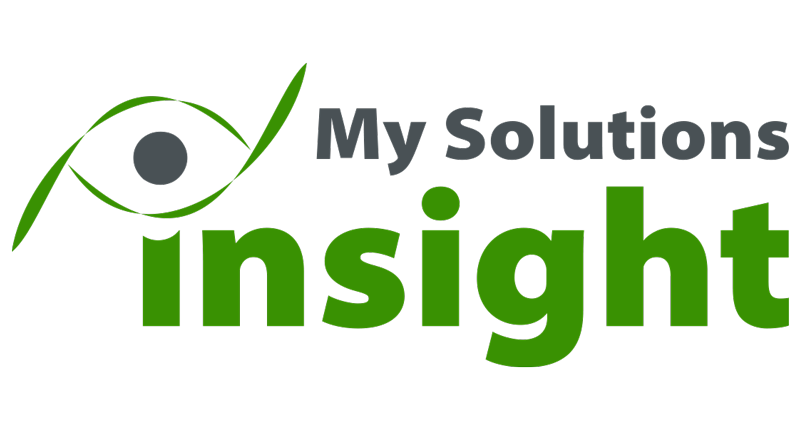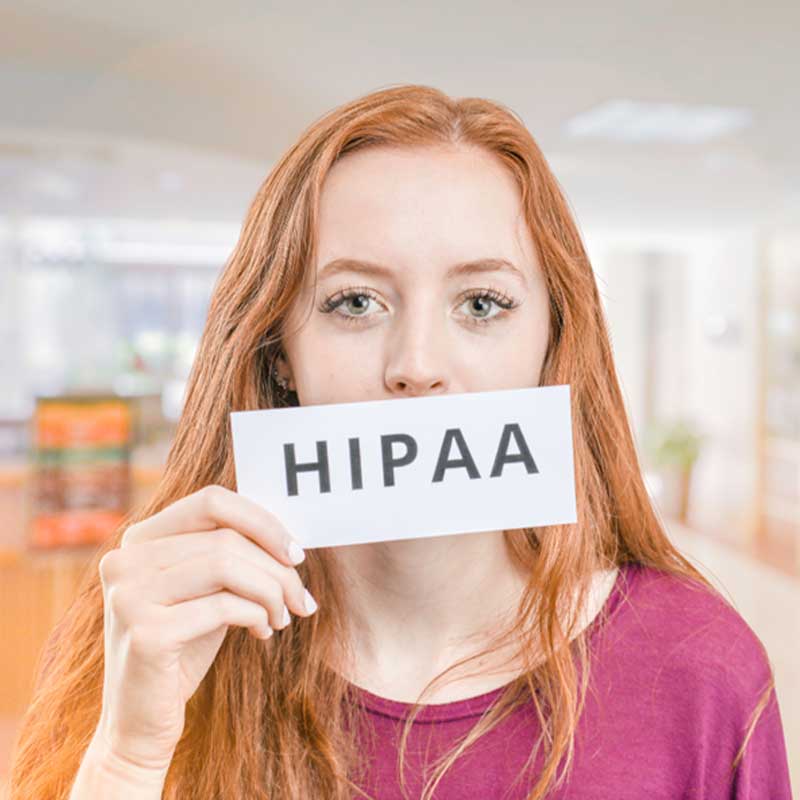In today’s digital age, protecting sensitive healthcare information has become paramount. One crucial regulation that addresses this concern is the Health Insurance Portability and Accountability Act (HIPAA). HIPAA compliance ensures the privacy, security, and integrity of patients’ protected health information (PHI). In this blog post, we will explore the importance of HIPAA compliance and provide practical guidance on how healthcare organizations can achieve and maintain compliance.
Understanding HIPAA:
HIPAA, enacted in 1996, aims to safeguard individuals’ healthcare information by establishing standards for data privacy and security. It applies to covered entities, such as healthcare providers, health plans, and healthcare clearinghouses, as well as their business associates who handle PHI. Compliance with HIPAA involves adherence to its Privacy Rule, Security Rule, Breach Notification Rule, and Omnibus Rule.
HIPAA Privacy Rule:
The Privacy Rule sets standards for the use and disclosure of PHI. It gives patients control over their health information, restricts its use for non-healthcare purposes, and requires covered entities to provide privacy notices and obtain patient consent for certain uses and disclosures. Compliance with the Privacy Rule involves implementing policies and procedures to protect PHI, training employees, and appointing a privacy officer.
HIPAA Security Rule:
The Security Rule focuses on the technical and physical safeguards to protect electronic PHI (ePHI). It requires covered entities to implement administrative, physical, and technical safeguards to ensure the confidentiality, integrity, and availability of ePHI. Compliance with the Security Rule involves conducting a risk assessment, implementing security measures, training employees on security practices, and creating contingency plans.
Breach Notification Rule:
The Breach Notification Rule requires covered entities to notify affected individuals, the Department of Health and Human Services (HHS), and sometimes the media in the event of a data breach. It sets specific requirements for investigating breaches, assessing the risk of harm, and issuing timely notifications. Compliance with the Breach Notification Rule involves developing an incident response plan and establishing procedures to handle breaches effectively.
Omnibus Rule:
The Omnibus Rule, introduced in 2013, strengthened HIPAA by extending its requirements to business associates. It expanded the definition of a breach and increased penalties for non-compliance. Covered entities must ensure their business associates have appropriate safeguards in place to protect PHI and comply with HIPAA. Compliance with the Omnibus Rule involves reviewing and updating business associate agreements and conducting due diligence when engaging with new partners.
Steps to Achieve HIPAA Compliance
- Conduct a thorough risk assessment to identify vulnerabilities and gaps in compliance.
- Develop and implement comprehensive policies and procedures that align with HIPAA requirements.
- Train employees on privacy and security practices, emphasizing the importance of protecting PHI.
- Establish mechanisms for ongoing monitoring, auditing, and risk management.
- Regularly review and update security measures, including access controls, encryption, and disaster recovery plans.
- Maintain proper documentation of compliance efforts, including policies, training records, and breach response procedures.
- Conduct internal audits and periodic external assessments to identify areas for improvement.
HIPAA compliance is crucial for healthcare organizations to protect patient privacy, maintain data security, and avoid costly penalties. By understanding the various aspects of HIPAA, including the Privacy Rule, Security Rule, Breach Notification Rule, and Omnibus Rule, organizations can establish robust compliance programs. Implementing policies, training employees, conducting risk assessments, and regularly updating security measures are essential steps to achieve and maintain HIPAA compliance. By prioritizing HIPAA compliance, healthcare entities can instill trust, ensure patient confidentiality, and safeguard sensitive healthcare information in an increasingly interconnected world.
At My Solutions InSIght, we understand the critical importance of protecting sensitive patient data and ensuring regulatory compliance in the healthcare industry. With our comprehensive suite of services and expertise, we can help your organization navigate the complex landscape of HIPAA regulations effortlessly.
Our tailored solutions begin with a thorough assessment of your current systems and processes to identify any potential vulnerabilities or compliance gaps. Our team of experienced professionals will work closely with you to develop a customized HIPAA compliance plan that aligns with your specific needs and requirements.
We provide robust training programs to educate your staff on HIPAA regulations, privacy best practices, and security measures. Our intuitive software solutions offer real-time monitoring and auditing capabilities, allowing you to proactively identify and address any compliance issues swiftly.
Furthermore, we offer continuous support to ensure your organization remains up to date with evolving HIPAA regulations. We keep a close eye on industry trends and regulatory changes, providing you with timely updates and expert guidance.
By partnering with our company, you can enhance your organization’s data security, streamline compliance processes, and mitigate the risk of costly penalties and reputational damage. Trust us to safeguard your patients’ confidentiality while enabling you to focus on delivering exceptional healthcare services.


0 Comments